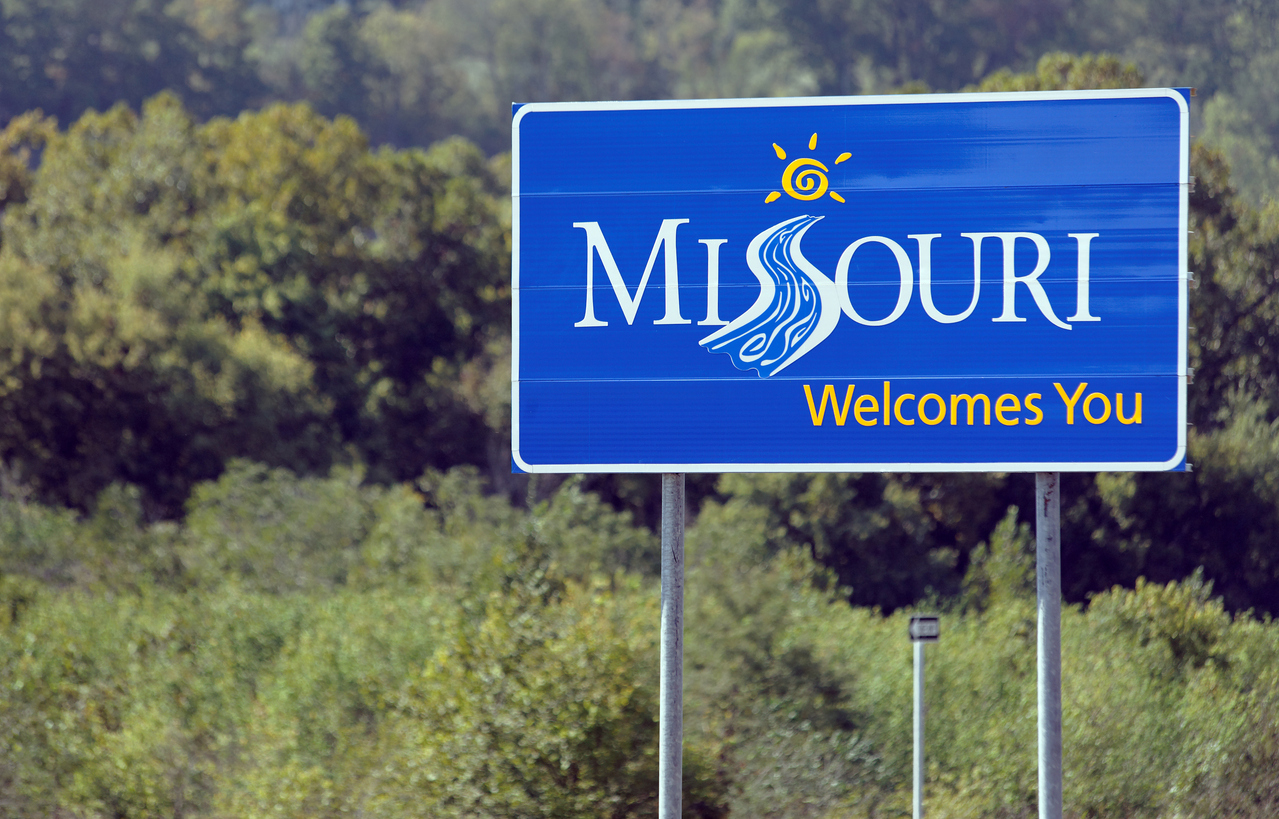A Missouri jury found that State Farm Fire and Casualty Company acted in breach of its insurance policy and engaged in vexatious refusal to pay, awarding The Progress Project, LLC substantial damages. 1 The case centered on a commercial property loss that occurred on July 22, 2022, following a severe rainstorm that caused water infiltration and damage to the roof and interior of the insured premises. The jury awarded $796,931.80 in compensatory damages for breach of contract, $79,993.18 in statutory penalties under Missouri’s vexatious refusal statute, and $92,209.80 in attorneys’ fees.
This case highlights that Missouri law protects policyholders from unreasonable claim denials and delays through a cause of action known as the Vexatious Refusal to Pay. I have previously noted Missouri’s view on bad faith actions in Missouri Bad Faith Law—Understanding Missouri’s Vexatious Refusal to Pay Law. Drew Houghton wrote an excellent post on the topic, Bad Faith and Vexatious Refusal in Missouri.
According to the Complaint, State Farm failed to properly investigate and adjust the claim in a timely and fair manner. The insurer’s adjuster initially inspected the property on August 10, 2022, nearly three weeks after the loss. Although he reportedly told the insured that State Farm would prepare an estimate of damages, no such estimate was ever provided. Instead, State Farm issued a denial letter on August 22, 2022, citing an exclusion related to clogged roof drains and improper maintenance. However, The Progress Project had hired experts, including an engineer from the Metropolitan St. Louis Sewer District and an independent forensic roofing expert, who concluded there was no evidence of clogs, backups, or maintenance-related issues that would bar coverage.
The Complaint detailed how State Farm repeatedly changed its rationale for the denial. At different times, State Farm relied on different policy exclusions to justify its refusal to pay, including claims of preexisting damage, wear and tear, and, later, exclusion for damage from standing water due to drainage issues. The insured argued that these shifting justifications were evidence of a pretextual denial rather than a legitimate investigation, especially given that State Farm never prepared an estimate of the damages and instead summarily concluded that nothing was owed.
Significantly, the Complaint highlighted that State Farm’s own claim representative failed to adhere to the policy’s requirement to determine the amount of loss. Under the terms of the policy, State Farm had an obligation to either pay the value of the loss or otherwise determine it based on actual cash value. Yet the insurer allegedly failed to perform this analysis and denied the claim outright. The insured’s own expert ultimately prepared a detailed valuation using Xactimate, the same industry-standard software used by insurers. The jury accepted the policyholder’s estimate as the appropriate measure of the loss.
Missouri law provides a powerful remedy for policyholders when insurers fail to act reasonably. The statute governing vexatious refusal to pay permits recovery of not only policy benefits but also statutory penalties and attorneys’ fees when an insurer refuses to pay a claim without reasonable cause or excuse. In this case, the jury found that State Farm’s conduct met that threshold. The award of nearly $80,000 in statutory penalties and over $92,000 in attorneys’ fees reflects the jury’s conclusion that State Farm’s denial was not merely a breach of contract but a calculated and unjustified refusal to pay what was owed.
This verdict serves to remind everyone in the property claims industry that under Missouri law, insurance companies have a legal duty to promptly and fairly adjust claims. When they fail to do so, and especially when their conduct appears designed to delay or avoid payment without reasonable justification, they may be held accountable not only for the contract benefits but also for additional damages designed to punish and deter bad faith behavior. The Progress Project’s victory against State Farm demonstrates the importance of these protections and the need for insurers to honor their contractual and statutory obligations rather than engage in what others may deem to be outcome-oriented investigations.
Thought The Day
“The first principle is that you must not fool yourself—and you are the easiest person to fool.”
— Richard Feynman
1 The Progress Project v. State Farm Fire & Cas. Co., No. 4:23-cv-00710 (Mo. Cir. Ct.).




